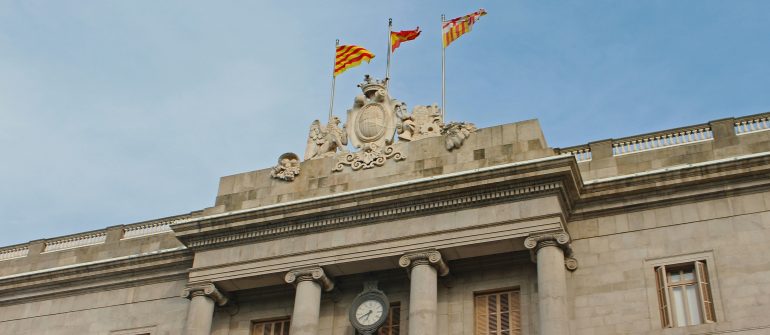If
there is non-compliance with the rules, the BdP may issue determinations and
recommendations, and may even apply penalties in administrative offence
proceedings.
The
Bank of Portugal (BdP) will now receive and analyse complaints from bank
customers regarding companies that purchase non performing loans (NPL) sold by
banks. This has become a common practice in recent years, the banking
supervisor told Lusa.
Lusa
questioned the Bank of Portugal about the new legal regime for credit transfers
— the technical term for the process by which banks sell credit portfolios
(typically bad debt) to other entities — to clarify exactly how the bank will
intervene.
The
BdP explained that, until now, these entities were outside its remit, but, with
the new regime due to come into force on 10 December, the BdP will be
responsible for supervising and monitoring the activities of companies that
purchase loans from banks, as well as the entities that manage these loans.
This will include ‘assessing complaints from debtors’.
While
the new regime is not in force, the Bank of Portugal is not responsible for
receiving and analysing complaints from bank customers about companies that
purchase large credit portfolios from banks, or about companies subcontracted
by these purchasers to manage the credits. Therefore, the court is the only
alternative in the event of a dispute.
In
early September, Lusa published a report on how banks have sold mortgage loans
in recent years, leaving customers who were already struggling to pay for their
homes unprotected.
The
report covered the case of a customer who won a lawsuit against BPI, which had
sold her loan to a Luxembourg-based company, but who continues to fight to keep
her home to this day. The report also covered how the Supreme Court of Justice
overturned two similar rulings on the sale of mortgage loans by banks in less
than a year, deeming the transactions to be ‘fraud against the law’.
With
the new regime in place, the BdP ‘will now have the power to carry out
inspections and assess complaints from debtors’, it told Lusa.
If
rules are not followed, the BdP can issue determinations and recommendations,
and apply sanctions in administrative offence proceedings.
The
BdP also has the power to revoke the authorisation granted to credit managers
to operate in certain situations.
Under
the new law, the central bank will also receive regular information on credit
agreements sold by banks. It will be informed of which banks are making sales,
the outstanding balances, the number of sales in each period, and the type of
credit sold (mortgage or consumer). These loans must also be reported to the
Credit Responsibility Centre.
Until
now, the Bank of Portugal has not disclosed data on banks’ credit sales.
Lusa
also questioned the BdP about what would happen if a customer with a credit
that has been sold requested a new credit from another bank. In this case, Lusa
asked, will the bank that grants the new credit be aware of the previous credit
and account for it in the customer’s debt-to-income ratio?
The
Bank of Portugal explained that under the current rules, selling the loan to a
third party outside the bank’s supervision means that the loan disappears from
the customer’s credit liability register. This means that the bank is unaware
of the loan’s existence and will not consider it when assessing the customer’s
solvency (unless the customer provides this information).
Under
the new regime, however, sold credits will be included in the credit liability
register to which banks have access.
Original Story: Jornal Economico | Author: JE/Lusa
Edition and translation: Prime Yield











